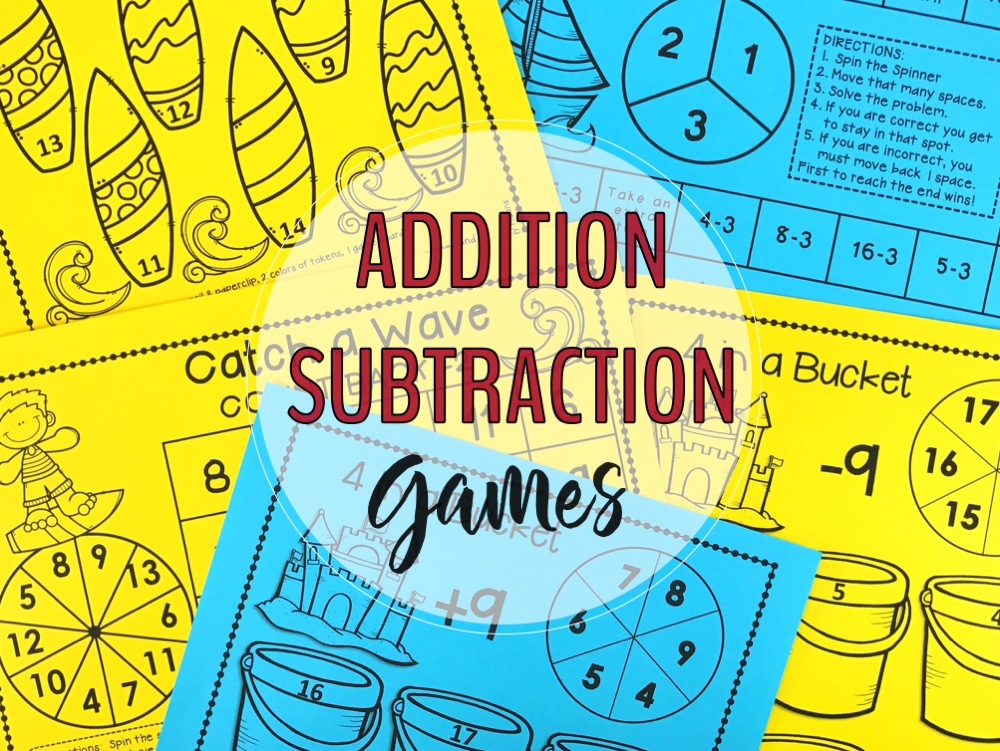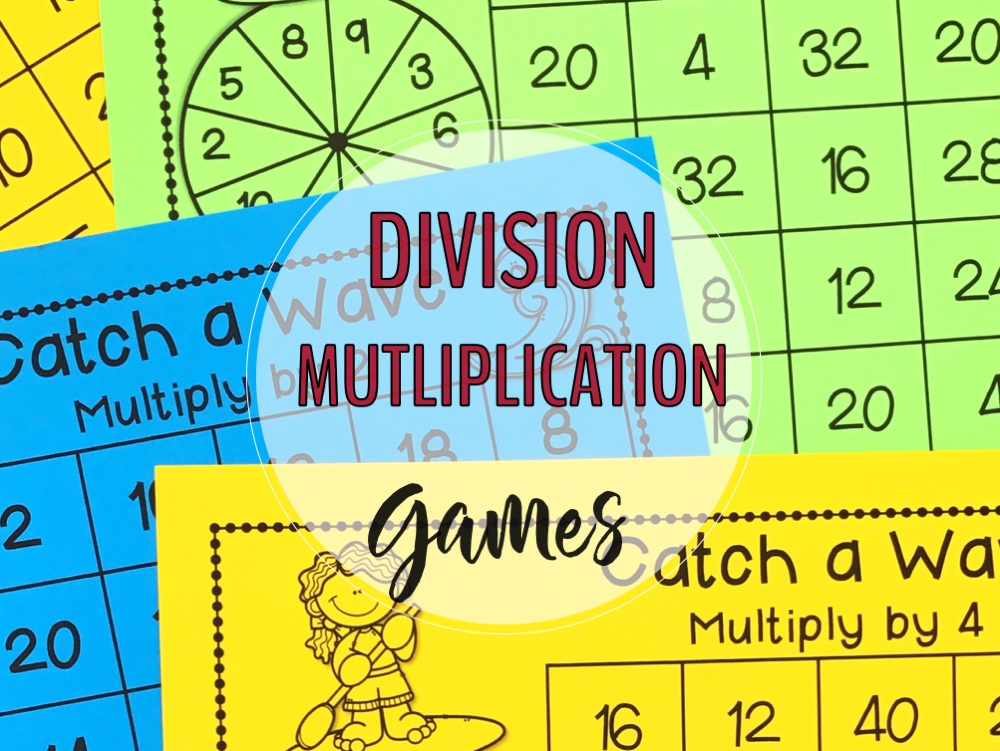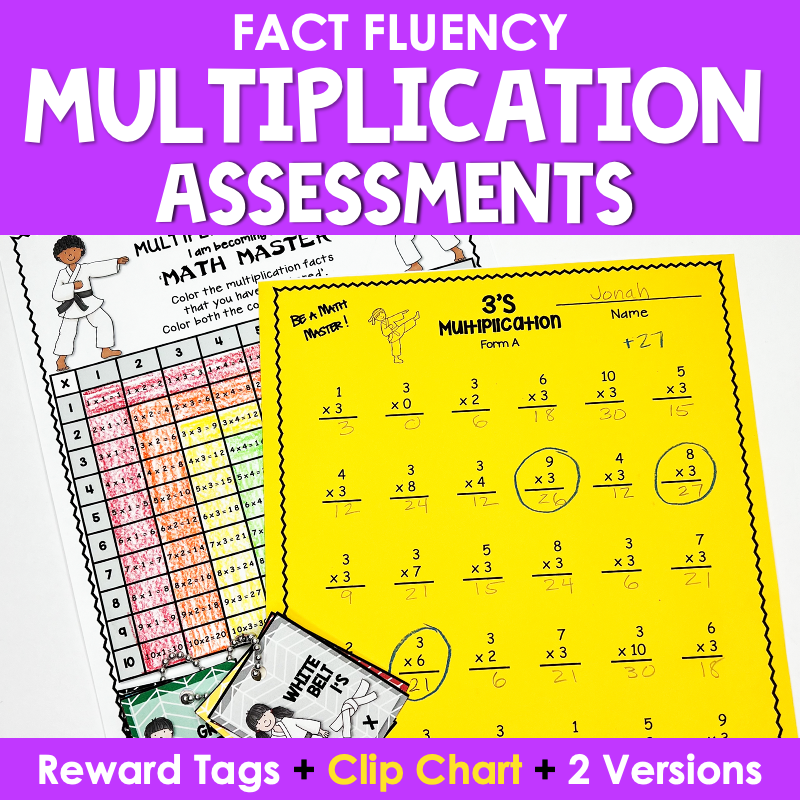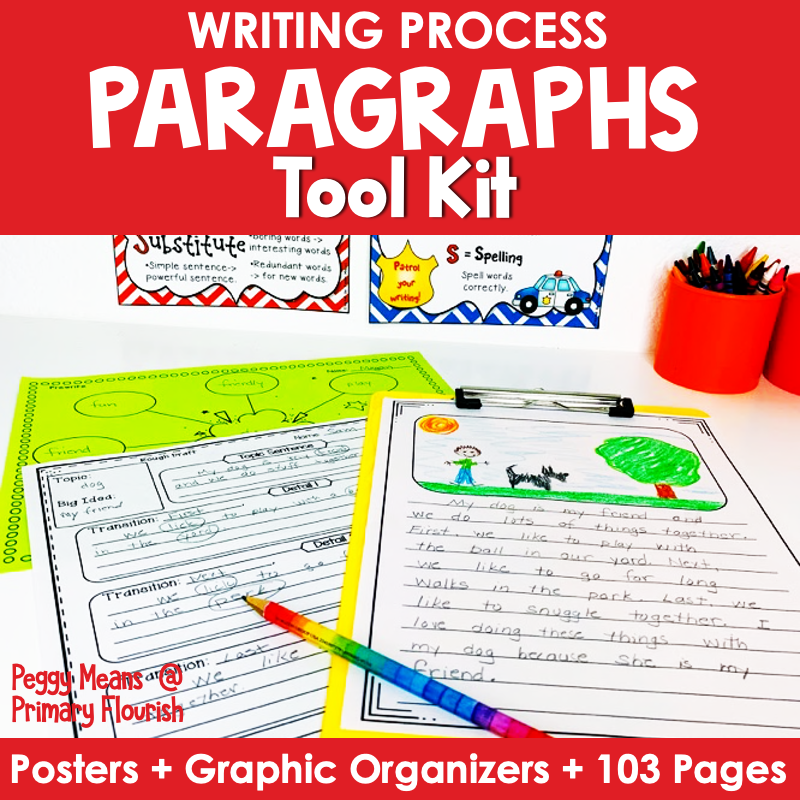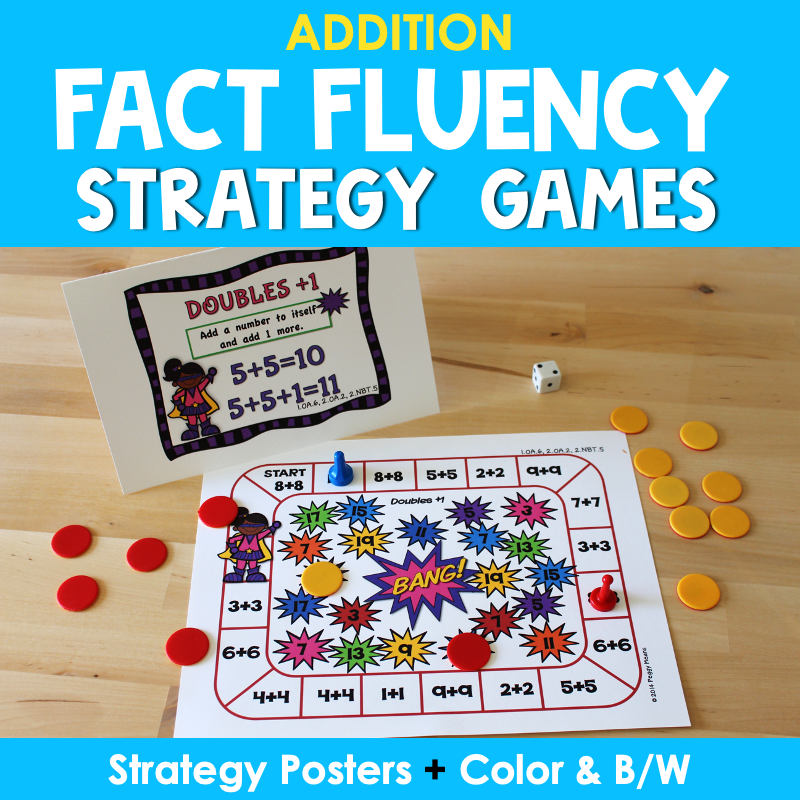Hatching Chicks in the Classroom
You can use this engagement for teaching content standards in science, math, reading, writing, and art.
I am here to share my hatching secrets with you – and hopefully encourage you on your hatching and teaching adventures!
Getting Ready to Hatch Chicks – Materials and Preparation
1. Find Fertile Eggs
The first thing I like to do is find my fertile eggs. Some fertile egg sources:
- A friend who has chickens (hens & roosters so the eggs are fertile)
- Local feed store
- Nearby university
- Murray McMurray Hatchery – before I found a friend who raised chickens, I ordered from them. They were expensive but reliable.
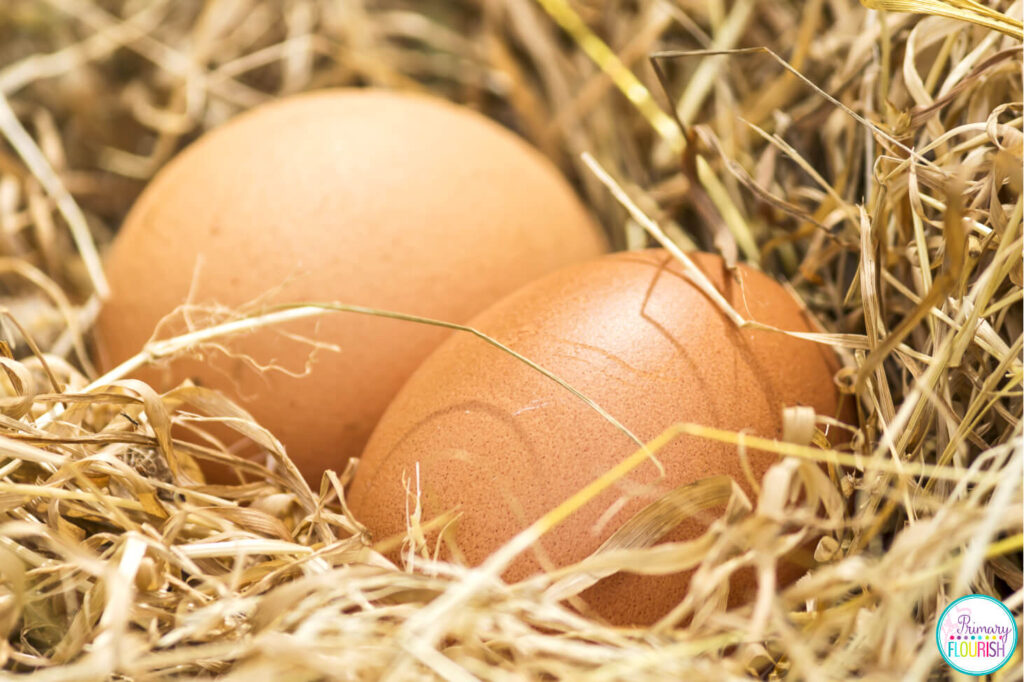
2. Find Someone to Adopt the Chicks
You are also going to need to find someone to ‘adopt' the chicks – they are not pets and will need to have a home with someone with a chicken coop for them to live in.
3. Incubator
An incubator can make the difference between lots of cute chicks or none. I've had a long search for the perfect incubator and I am delighted to tell you – I have found the ideal incubator for hatching chicks in the classroom! Here is a table that may help you find the ideal incubator for your classroom.
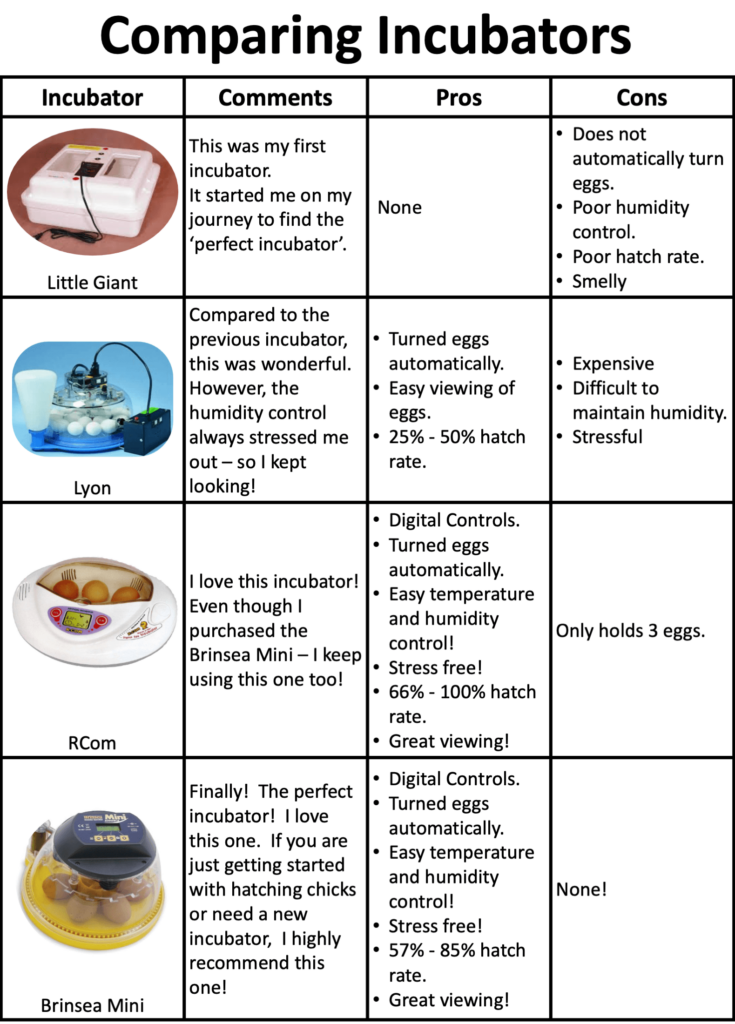
4. Checklist
I like to have a checklist, so I don't forget anything. I have included this checklist and other resources for you in a free packet. I suggest using this checklist to ensure that you don't forget anything.
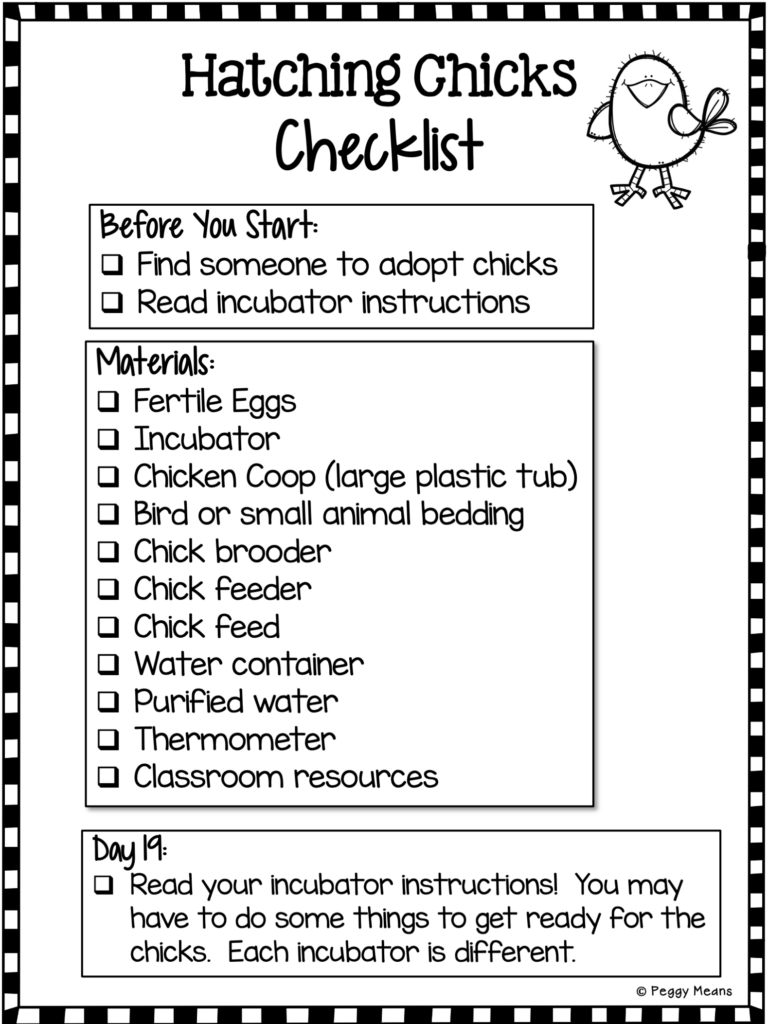
I have learned the hard way and found that I didn't have something I needed – like chick food and bedding on hatch day.
You will find this checklist in the free ‘Hatching Chicks in Your Classroom Kit' download (below).
You can find most of these things at a local feed store. However, if you do not have one nearby – there is always Amazon, and you can find some links below.
5. Setting the Eggs
I recommend setting your eggs on a Tuesday, Wednesday, or Thursday. So if your chicks decide to come early- they aren't hatching on a Sunday. And if they are late – they are not hatching on Saturday.
Read your incubator manual for details to set your eggs.
Once you have the eggs and the incubator, you have 21 days to get ready for those cute little chicks! Now is the perfect time to lead your class through some motivating science and literacy activities.
Classroom Activities for Hatching Chicks
The following activities are included in my Life Cycle of a Chicken unit.
1. Egg Lab
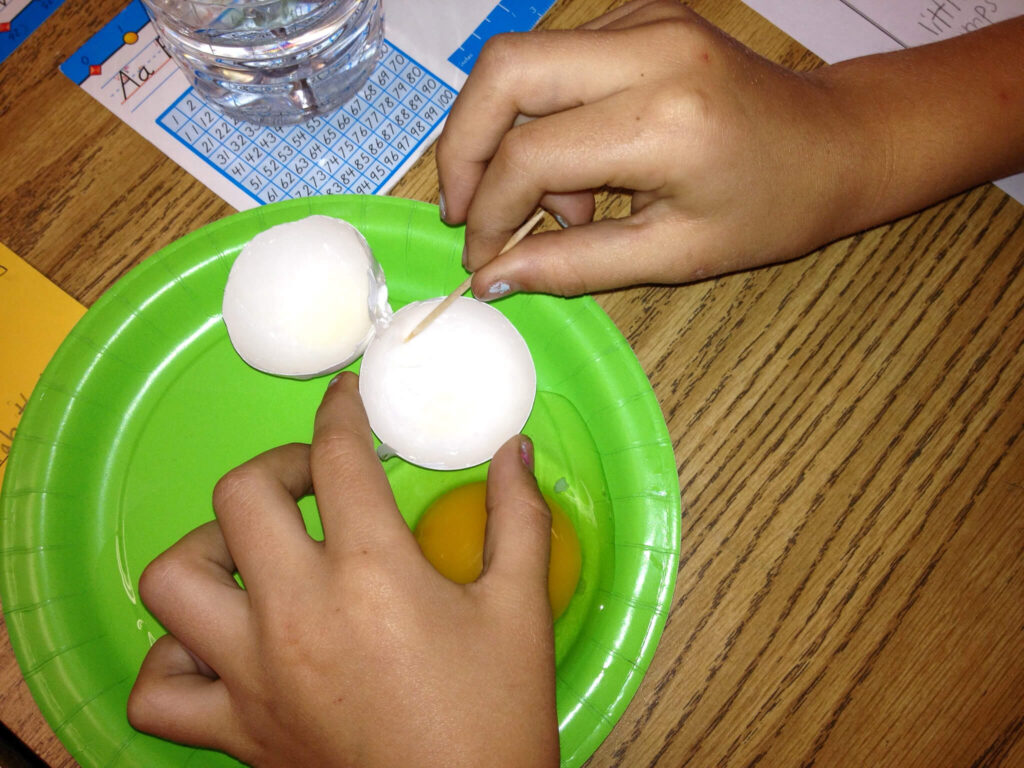
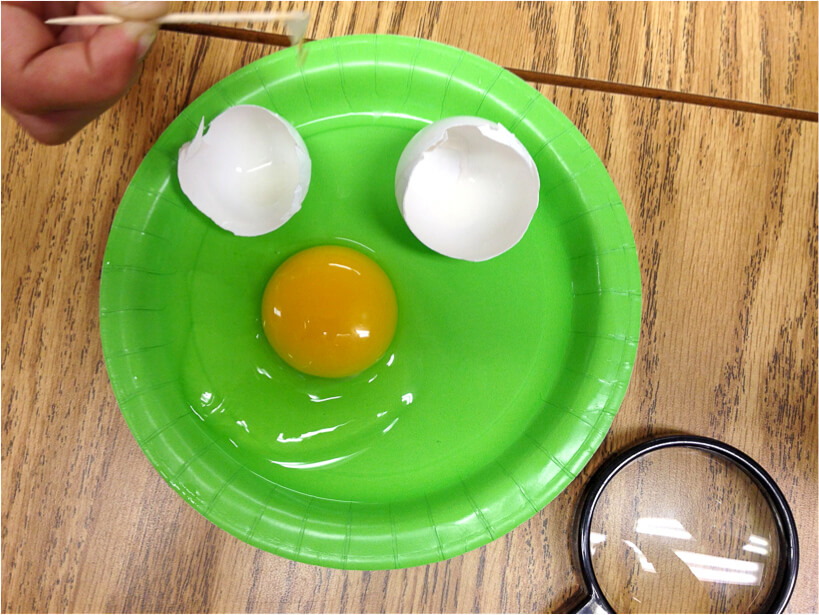
Students are exploring the anatomy of an egg with just an egg, a paper plate, and a tooth pic.

2. When Will Our Chicks Hatch?
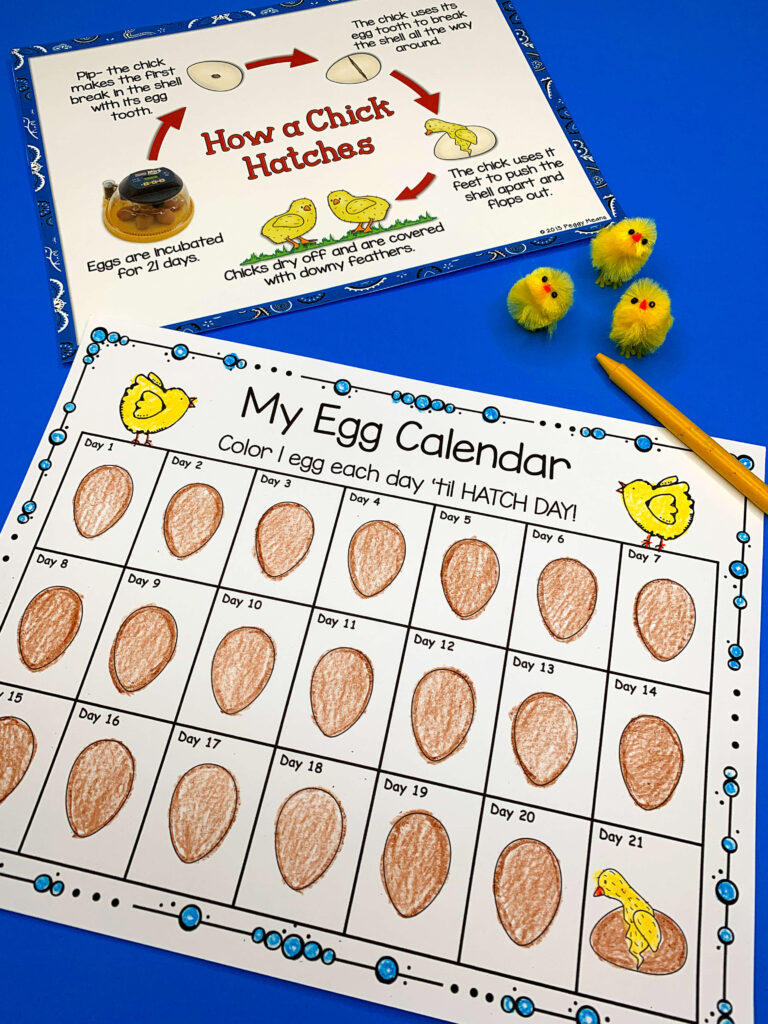
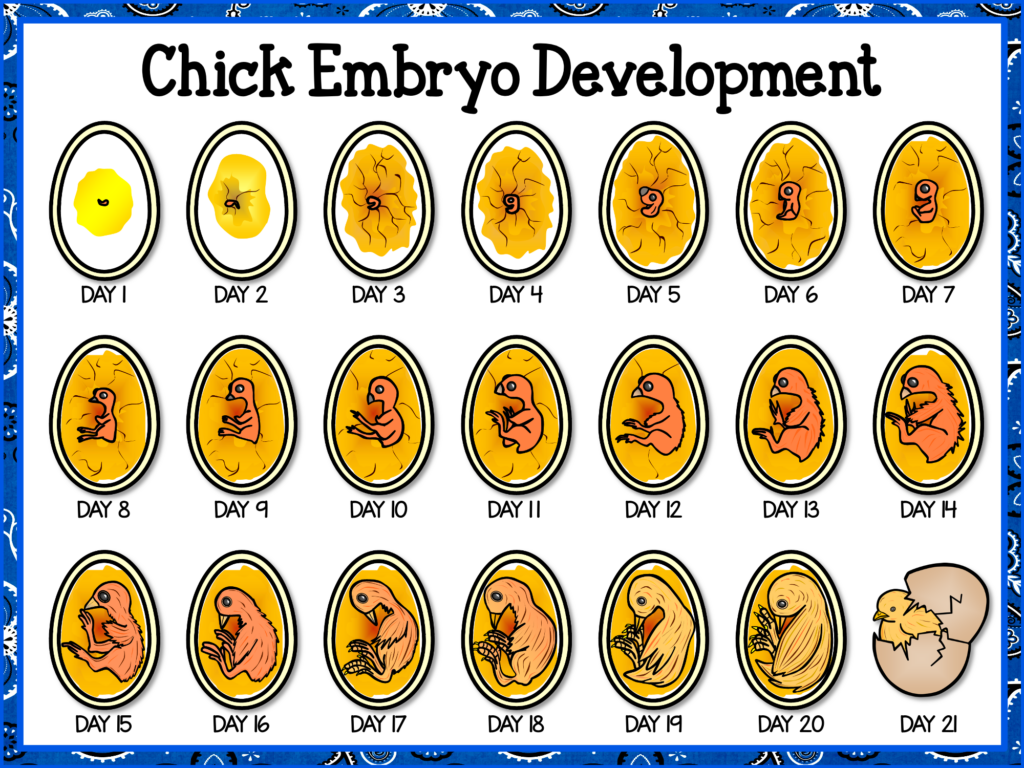
3. Watching and Waiting
The ‘Chick Life Cycle' by Learning Resources is a fun hands-on resource. The students can see what their chicks look like each day. In the picture below, the students put the days 17, 18, and 19 in front of the incubator – so they could see what the chicks were looking like over the weekend!
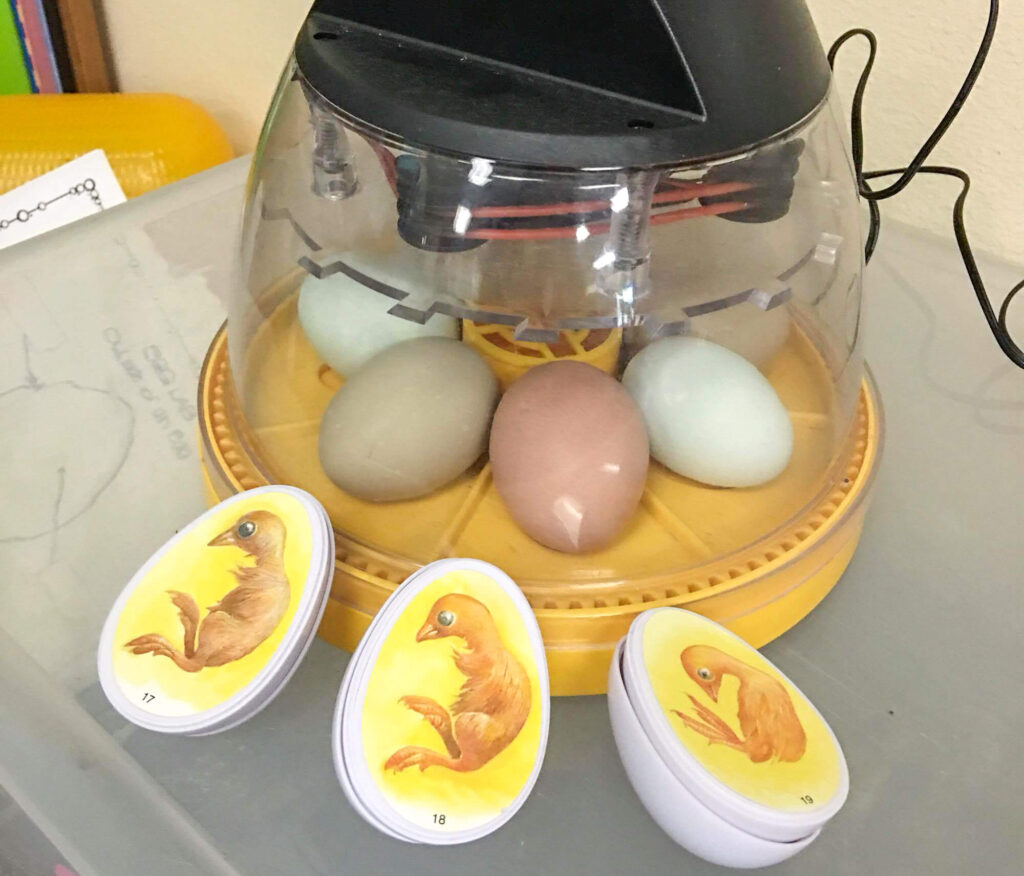
4. Seeing Inside
I highly recommend showing this video to your class! It is a beautiful animation of the embryonic development of a chick inside the egg – and then it hatches!
5. Chicken Life Cycle Books
Here are my very favorite nonfiction books I read to and with students during the 21-day wait.
Click here to read how to use Gail Gibbons' Chicks & Chickens with your students and download the free book companion.
5. Cross-Curricular Activities
This waiting time is perfect for introducing other cross-curricular activities. The kids are motivated to research, read, discuss, and write about all things chicks! I provide lots of opportunities for as many curriculum areas as possible. As you do this with your students, I am sure you will think of many ways to incorporate your content standards!
Here is a peek at a few of the resources I created to use during this time:
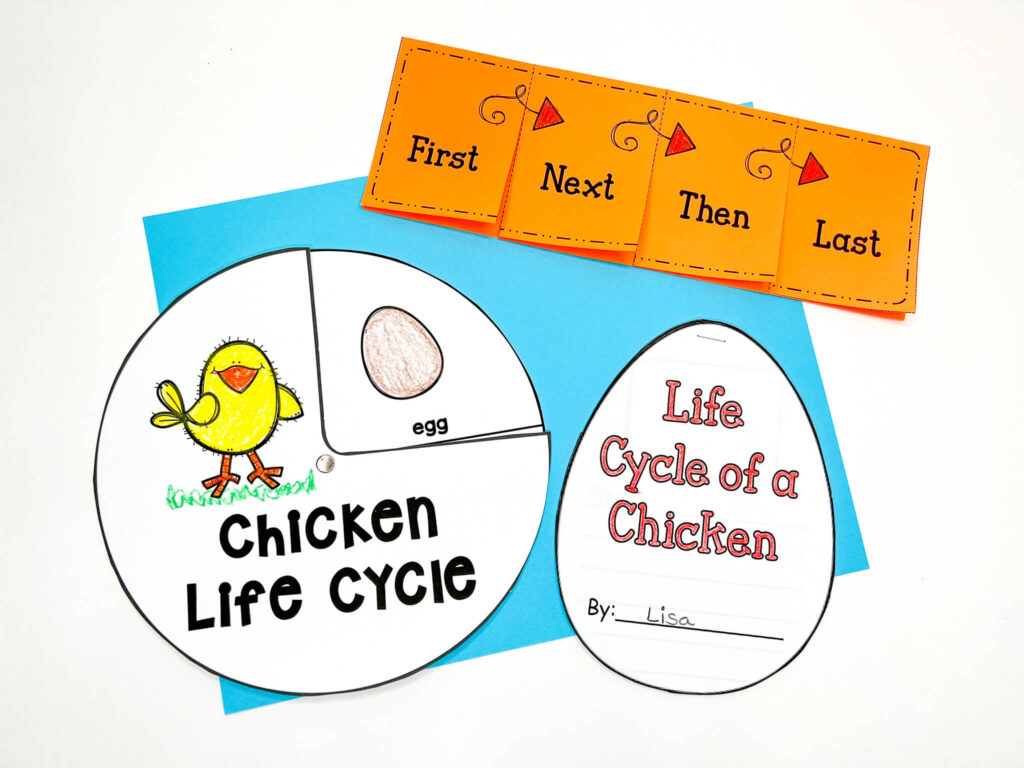
CHICKEN LIFE CYCLE BOOKLETS
Students love to make shape books. Here is a circle life cycle of chicken (included in the free download, egg shape book, and a flipbook. All designed to provide delightful practice in learning about chickens.
CHICKEN LIFE CYCLE WRITING & CRAFT
Use your kids' love of chicks to motivate them to write expository writing paragraphs. The unit also includes this cute little chick craft.
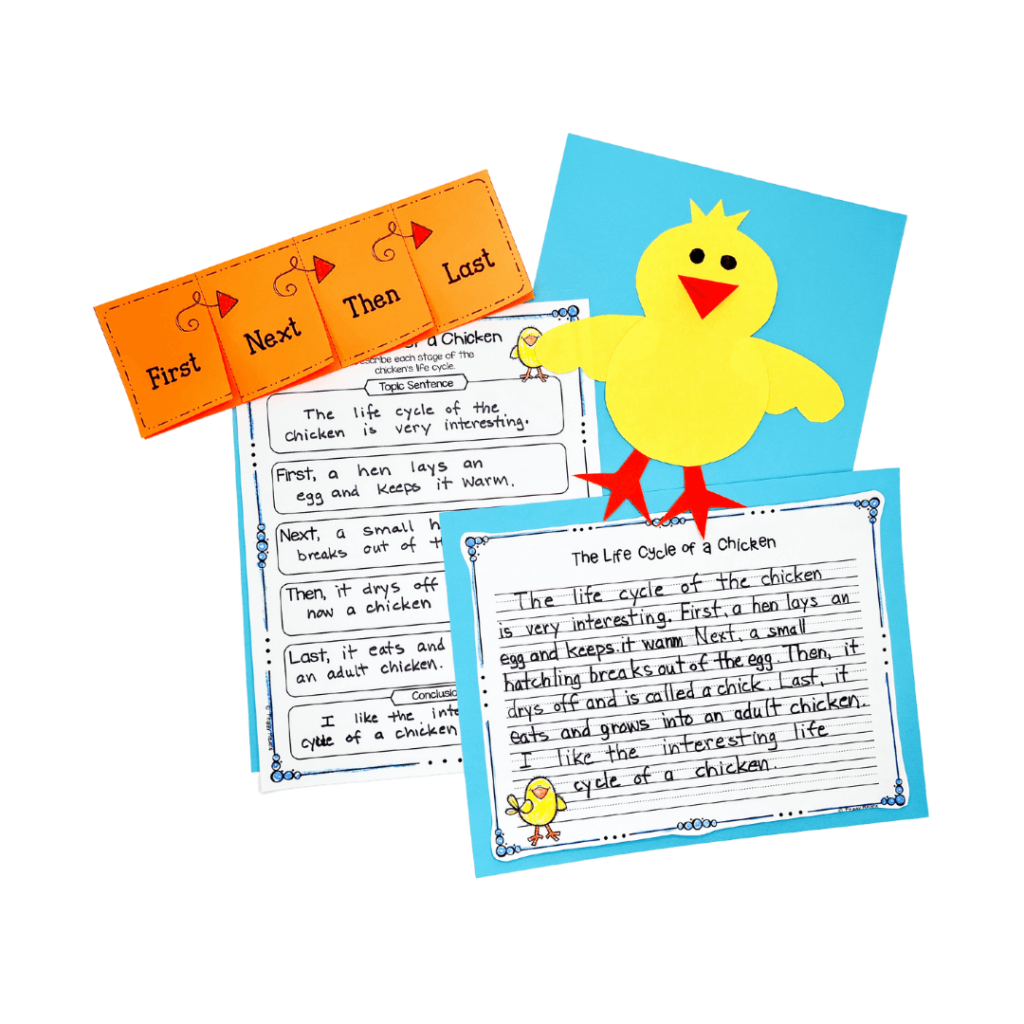
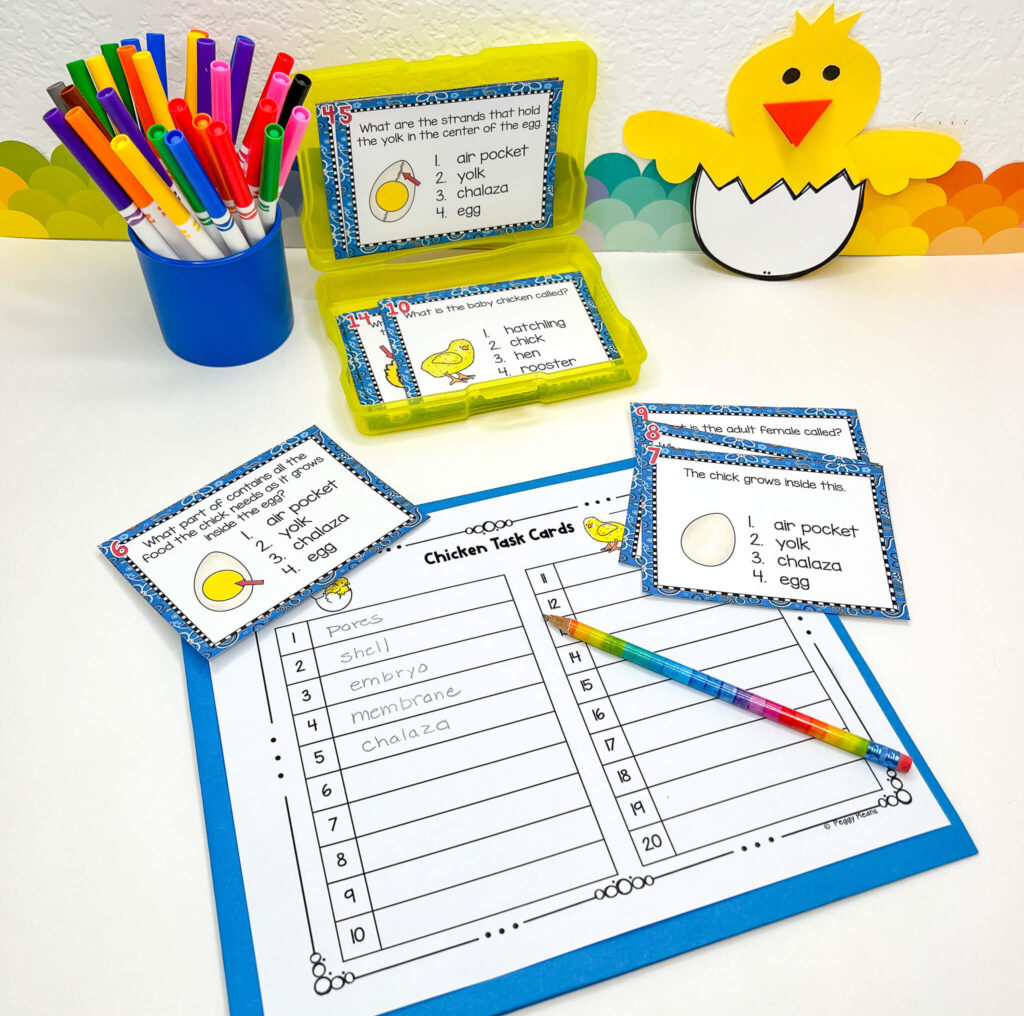
CHICKEN LIFE CYCLE TASK CARDS
Task cards have so many possibilities!
You can use them as a whole class activity: Scoot, Quiz, Quiz Trade, or Scavenger Hunt. Or, use them as individual center activities.
CHICKEN LIFE CYCLE SCRAMBLED SENTENCES
This fun activity is another way to reinforce some facts about chickens as the students unscramble factual sentences. They then write and illustrate them on their recording sheets.
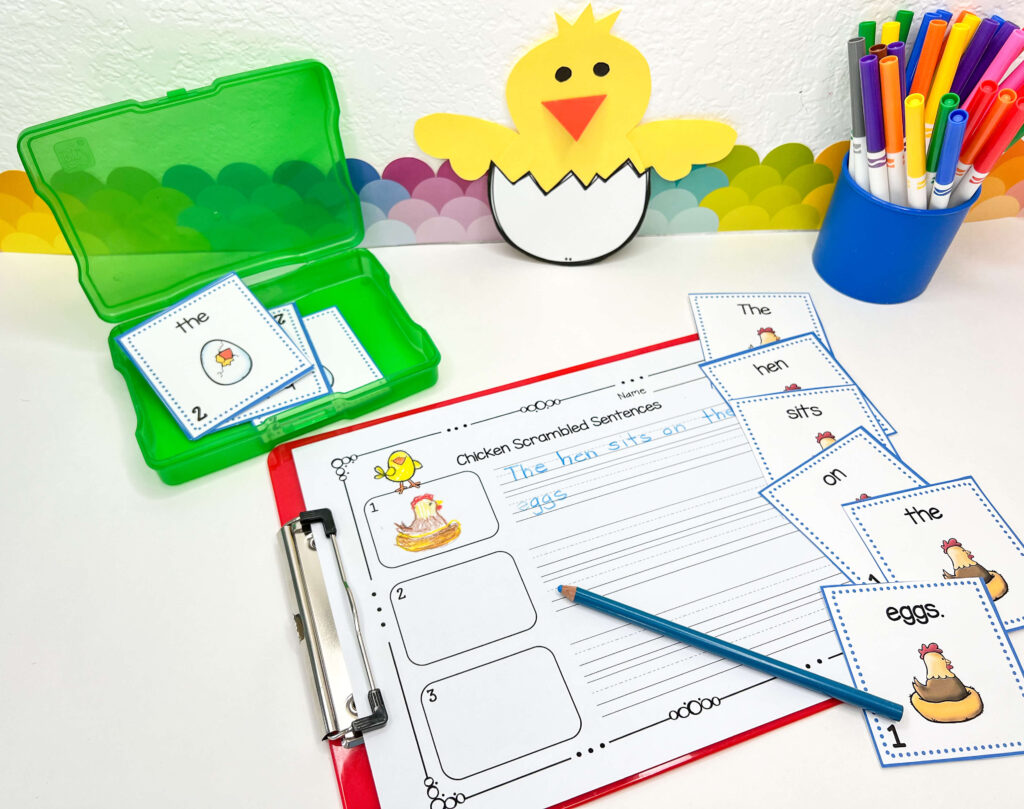
CHICKEN LIFE CYCLE STUDENT STUDY GUIDE
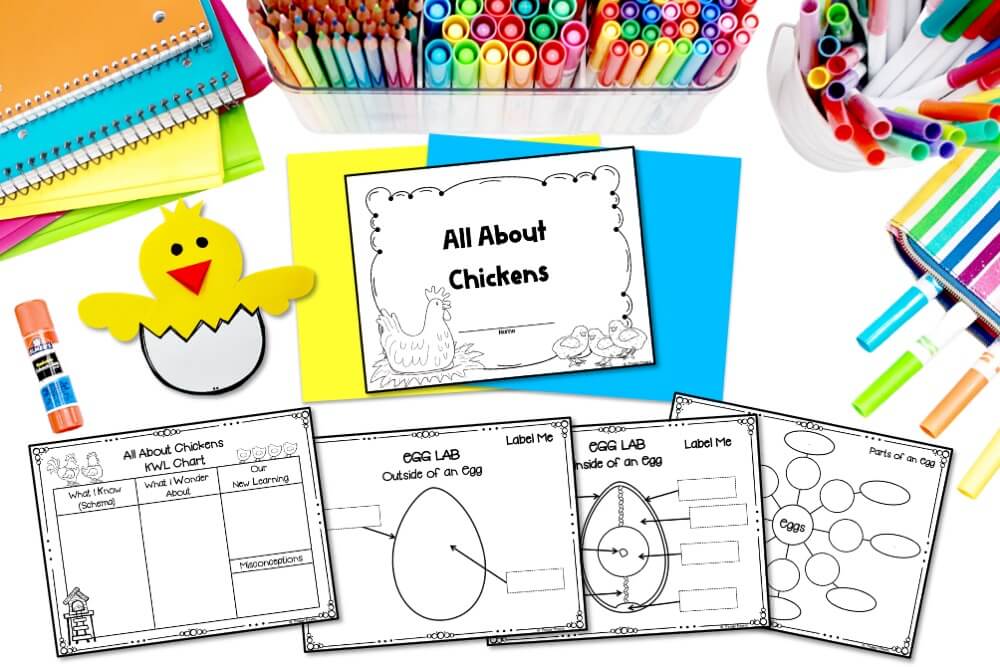
The perfect way to prevent papers from getting scattered and lost. It includes Graphic Organizers, Vocabulary, Word Searches, Crossword Puzzles, Word Unscrambles, and more.
CHICKEN LIFE CYCLE ANCHOR POSTERS
These posters make a beautiful bulletin board for you and your students to refer to throughout the unit.
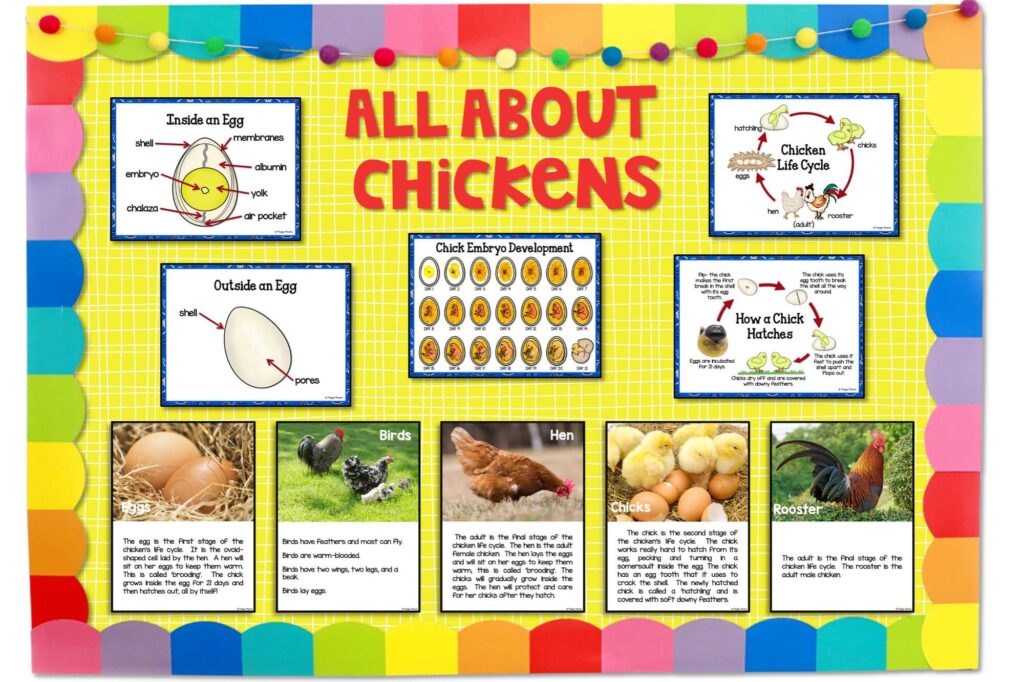
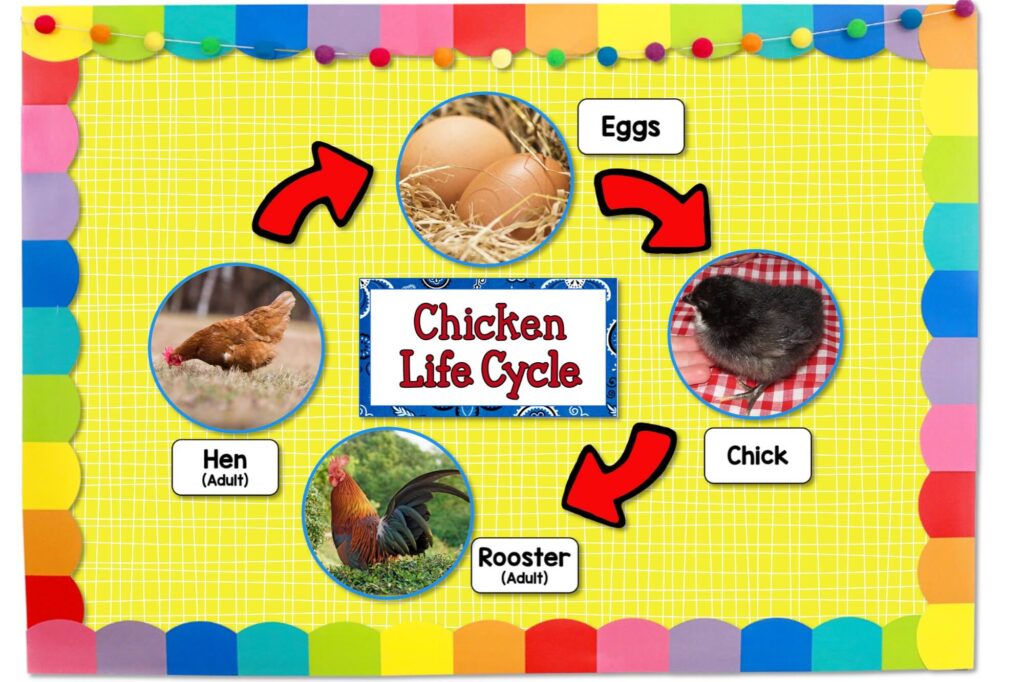
CHICKEN LIFE CYCLE BULLETIN BOARD SET
Here is another bulletin board to display the life cycle of a chicken.
Hatch Day – Oh Happy Day!
Waiting for hatch day is like waiting for Christmas! I love to come in early on hatch day, open the classroom door, listen for peeps, and scurry over to the incubator.
Often an ‘early bird' hatched in the night. I search for pips – the first little cracks that the chicks make. If you listen really closely, sometimes you can hear the chicks peeping – even before they have pipped!
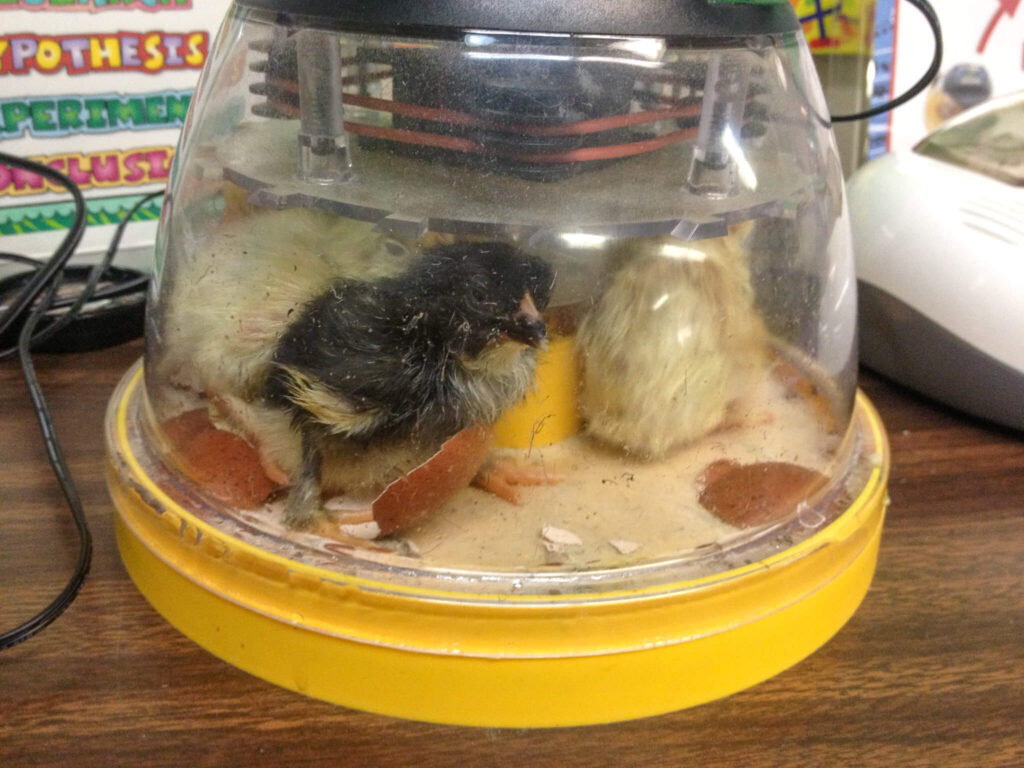
The chicks are quite wet and weak when they first hatch (more like flop) out of the egg. They nap a bit, dry off, fluff up, and begin pecking at the other eggs within an hour or so. Do not be in a rush to take the chicks out of the incubator, their presence will encourage the unhatched chicks to hatch. They should be taken out and put under the brooder within 24 hours of hatching. Usually, all the chicks that are going to hatch have hatched, and you can put the whole clutch in your brooder.
Here is a lovely video of a chick hatching with its mamma hen!
I especially love this one because it shows how the mother hen cares for and protects her chicks. You are going to be the ‘mama hen' taking care of your little brood.
Chick Care & Handling
1. Check Your Supplies
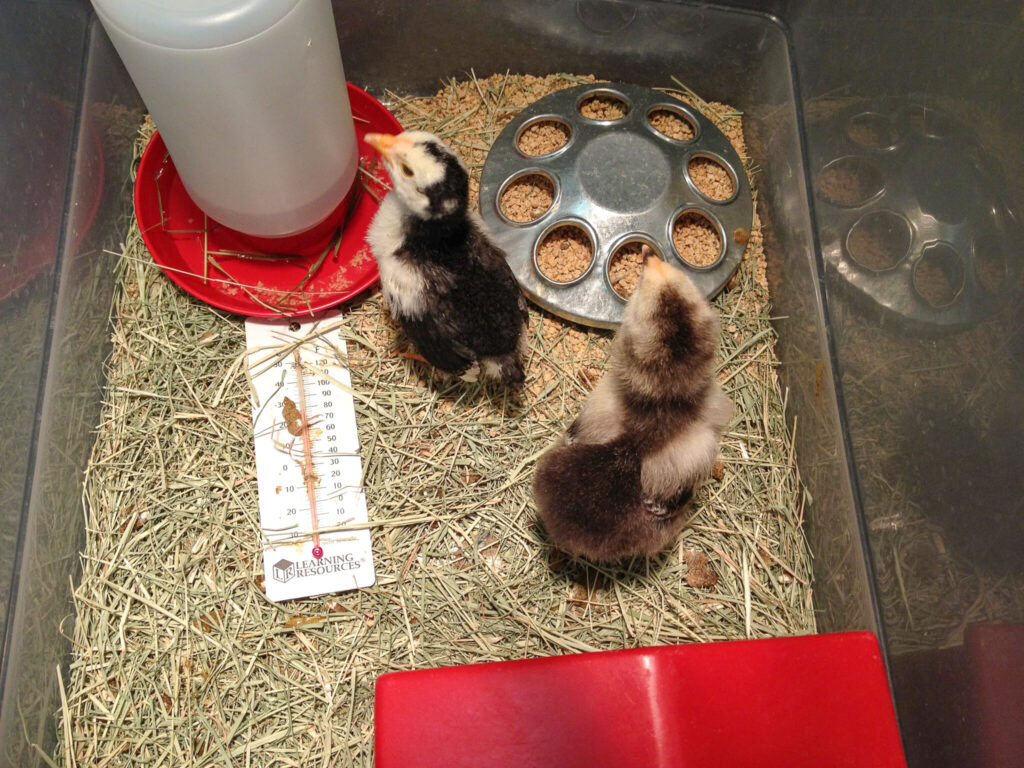
2. Holding the Chicks
As soon as those chicks start hatching, your kids are going to start asking when they can hold them. Before the kids handle the chicks it is important for them to understand what chicks: Are, Have, and Need.
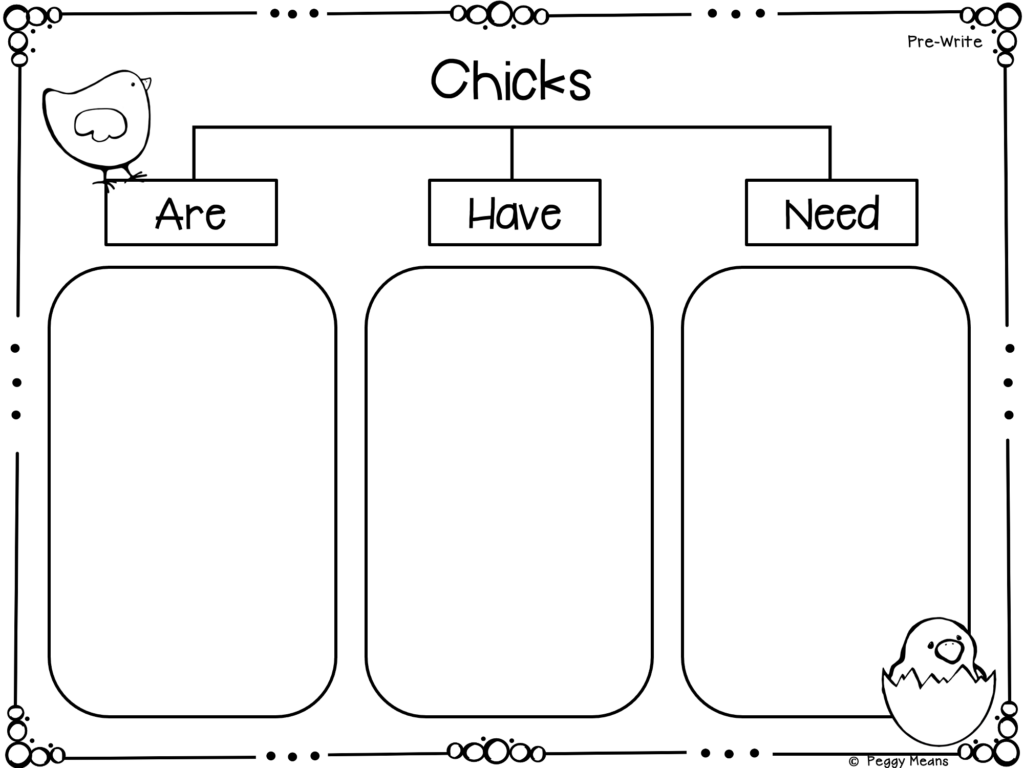
Gather your students together for a discussion about chicks. You can use a graphic organizer like this to record your class's discussion on the care of chicks.
I stress that chicks are fragile, so we can't grab or squeeze them. They may poop, so if they are holding a chick and it does, they do not throw it off.
- Cloth (oilcloth is the best)
- Wipes
- Hand sanitizer
You are now ready for the chicks!
- Put an oilcloth on the floor.
- Have kids sit around in a circle. I then put a dish with some food in the center and asked the kids to put their hands down and wait for the chicks to come to them (sometimes they do).
- I will then go around and place a chick in the hands of kids that are being quiet and peaceful. After about a minute, we rotate the chicks so that all who want to hold one can.
- The chicks should not be out from their ‘coop' for very long, or they will get cold.
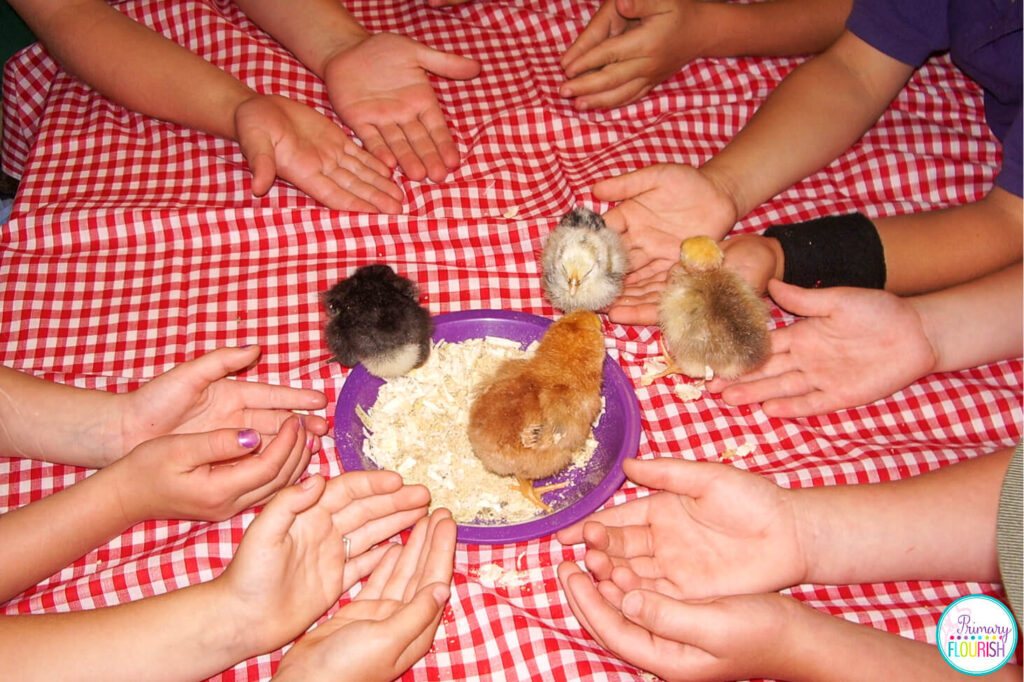
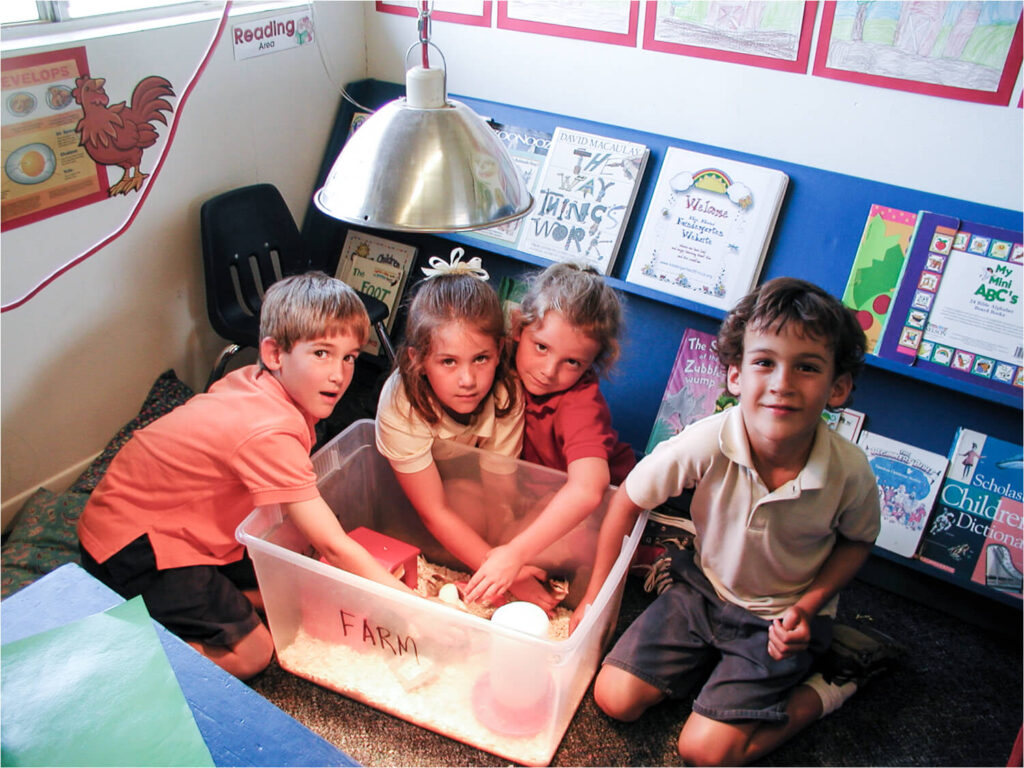
You can also let small groups visit the chicks in their chicken coop. This makes a great reward for students that are on-task during the day!
3. How long do you keep the chicks in the classroom?
That depends on how high your coop is and how much patience you have. They will start trying to ‘fly the coop' after about 4-5 days. I try to have my chicks hatch on Tuesday or Wednesday and send them to their new home on Friday. I had a partner teacher who used to keep them for over a week.
Prepare your students from the beginning for this day – remind them that chickens are not pets and they need a chicken coop to live in with other chickens.
On the last day with the chicks, let the kids handle them one last time. Snap some pictures of them with the chicks and you can use the photos for writing prompts in the days to come.
4. Cleaning Up
Read your incubator's instructions for putting it away for next year.
Jot down notes on what worked well and what you want to do differently next year. Next year, you will be so glad that you took the time to do this!
Chick Resources & Links
YouTube Videos:
Chicken Embryo Development YouTube
Our Chickens Hatching!
Baby Chick Hatching
Websites:
All About Chickens – Kiddy House
Chickenscope
How a Hen Makes an Egg
Affiliate Resource Links:
Materials:
Please feel free to contact me with any chick questions, suggestions, or stories!
Take a closer look at Chicken Life Cycle Unit – Science & Literacy:
What are Teachers Saying?
It warms my heart to hear how teachers enjoy this unit with their students as they hatch chicks in their classrooms!
'This was the first time for me to do the incubator program and I found the resources lacking from the farm that provided the eggs and incubator. I love this resource and so did my students! Thank you for such a well-developed unit!'
Carrie
'This set included so many great resources to use with our chick unit. The egg calendar was one of my student's favorite things to do each day. It really built excitement. They also really enjoyed learning about the parts of the egg and making the life cycle egg book! Great resource!'
Danielle
'I love this so much! Our class won a grant to hatch chickens. When I wrote my grant, I found this resource and based all of my things off this grant. This made a great notebook for my students to use throughout the process.'
Heather
Grab your FREE Hatching Chicks in the Classroom Kit
Just fill in the form below to get your copy of the Hatching Chicks Kit with: Checklist, Egg Calendar, Chicken Life Cycle Circle Book, and Chicken Life Cycle mini Posters.
Pin for Later
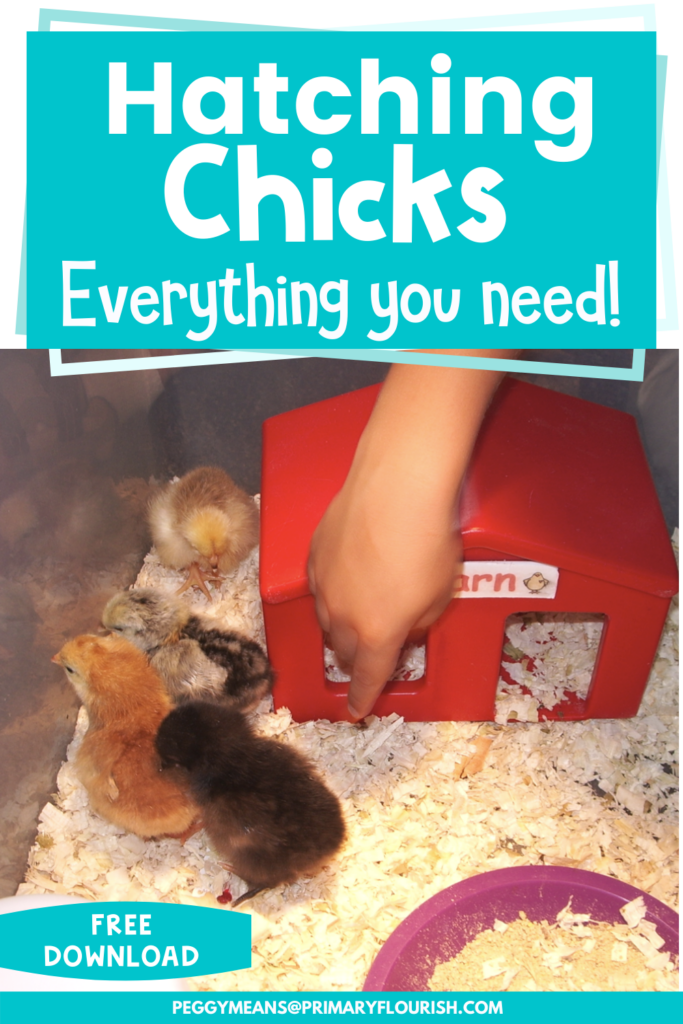

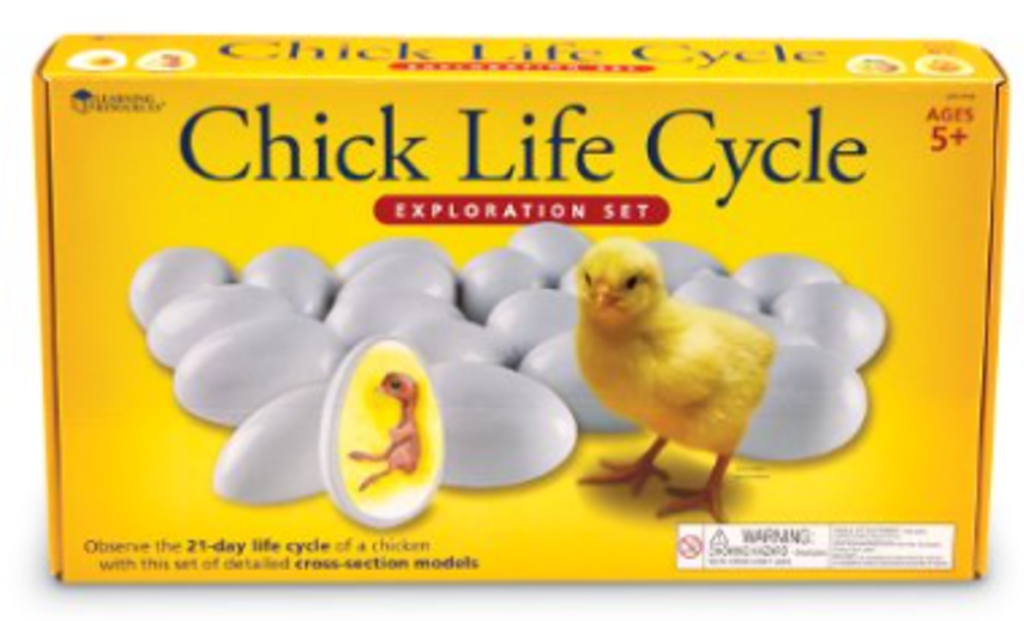
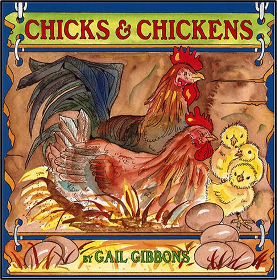
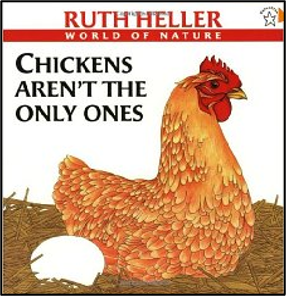
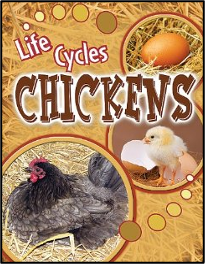
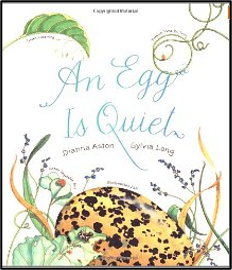
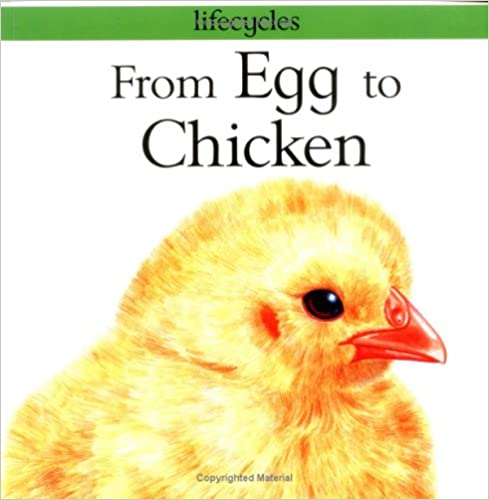
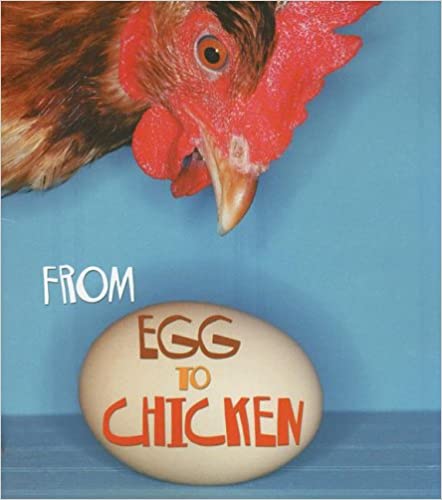
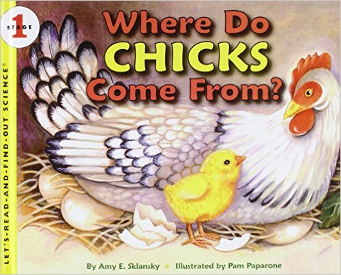
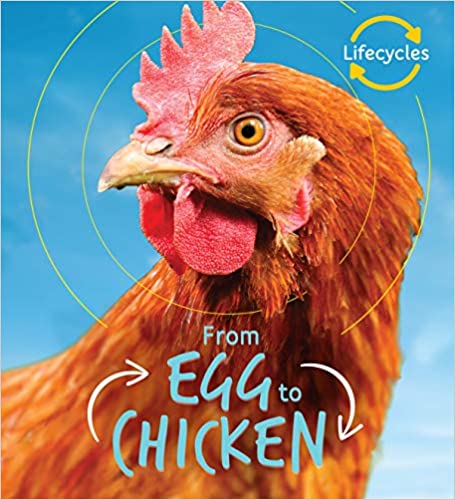
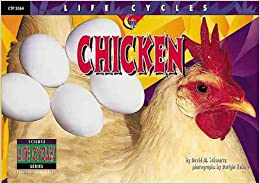
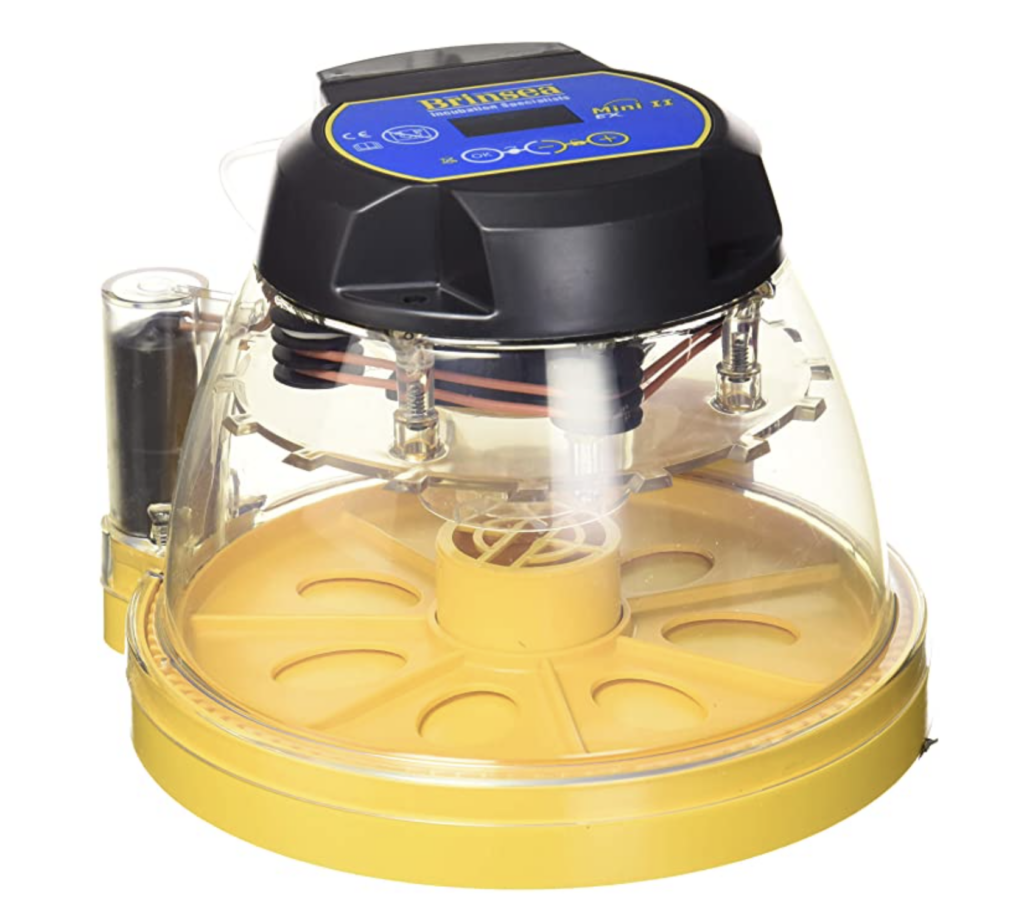
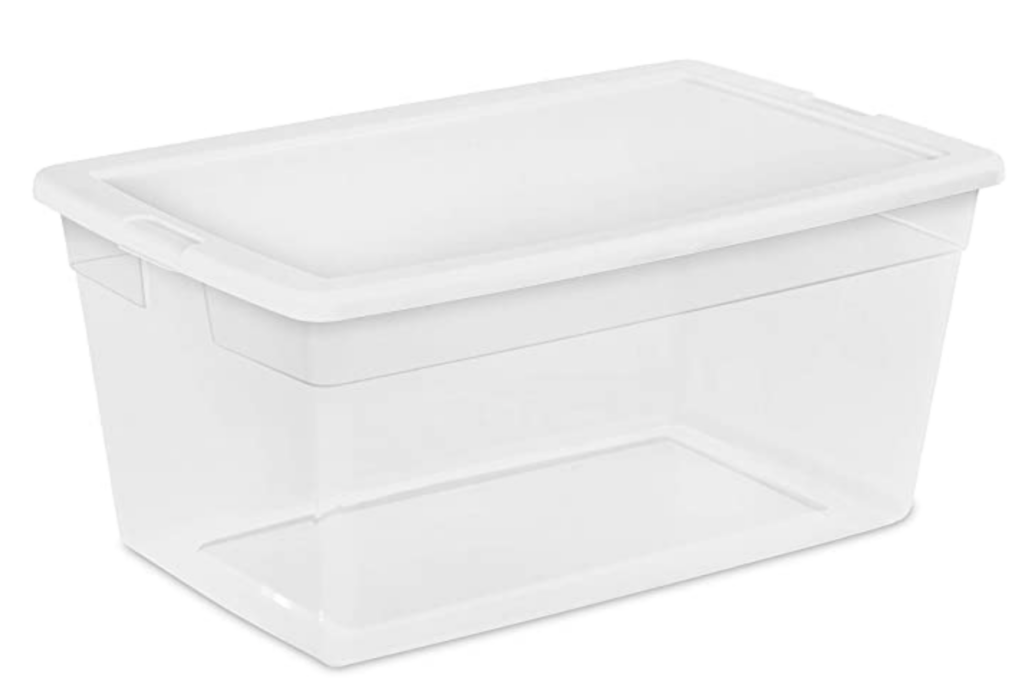
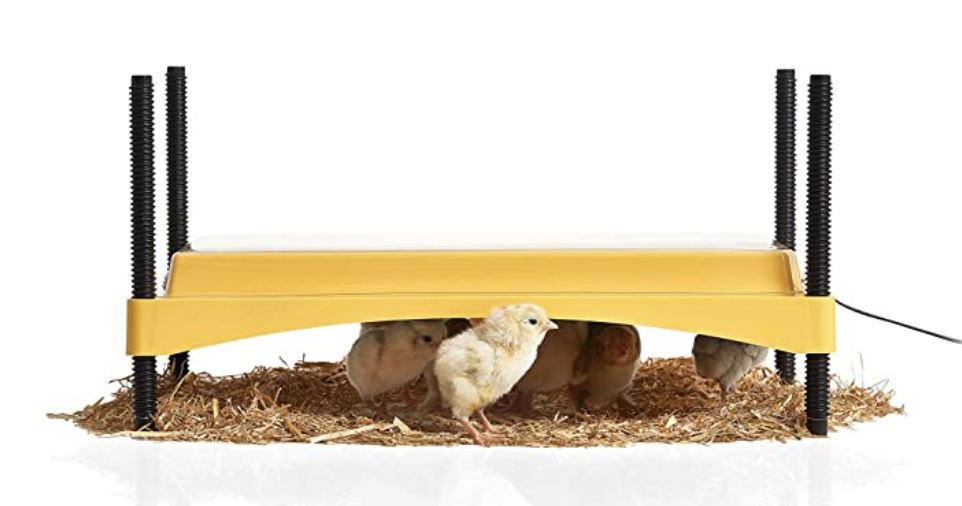
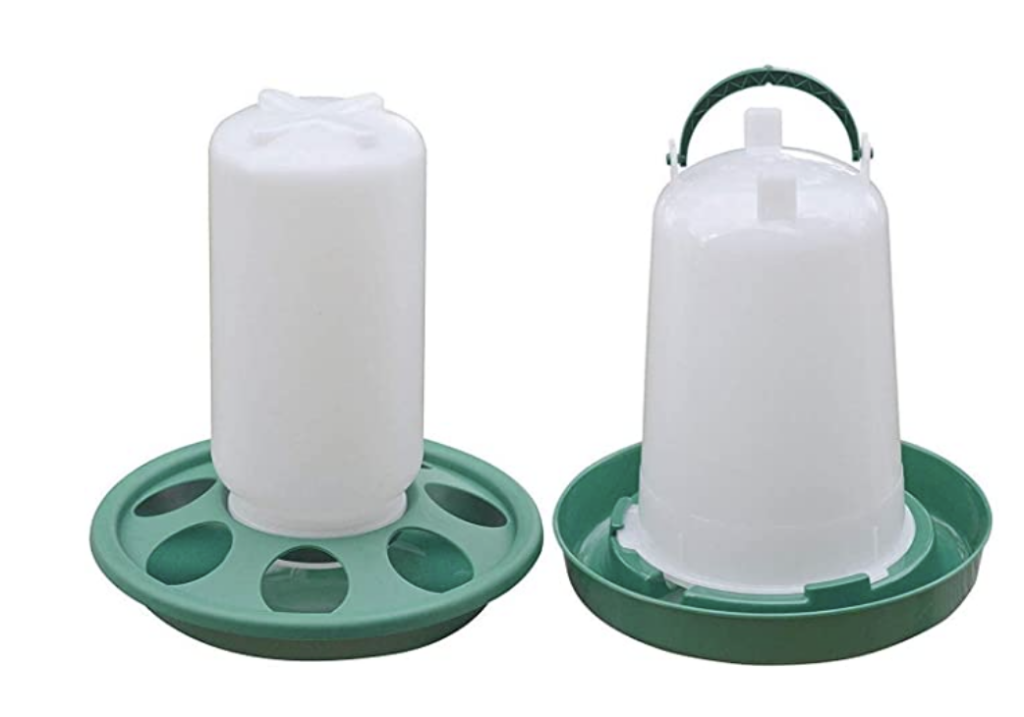
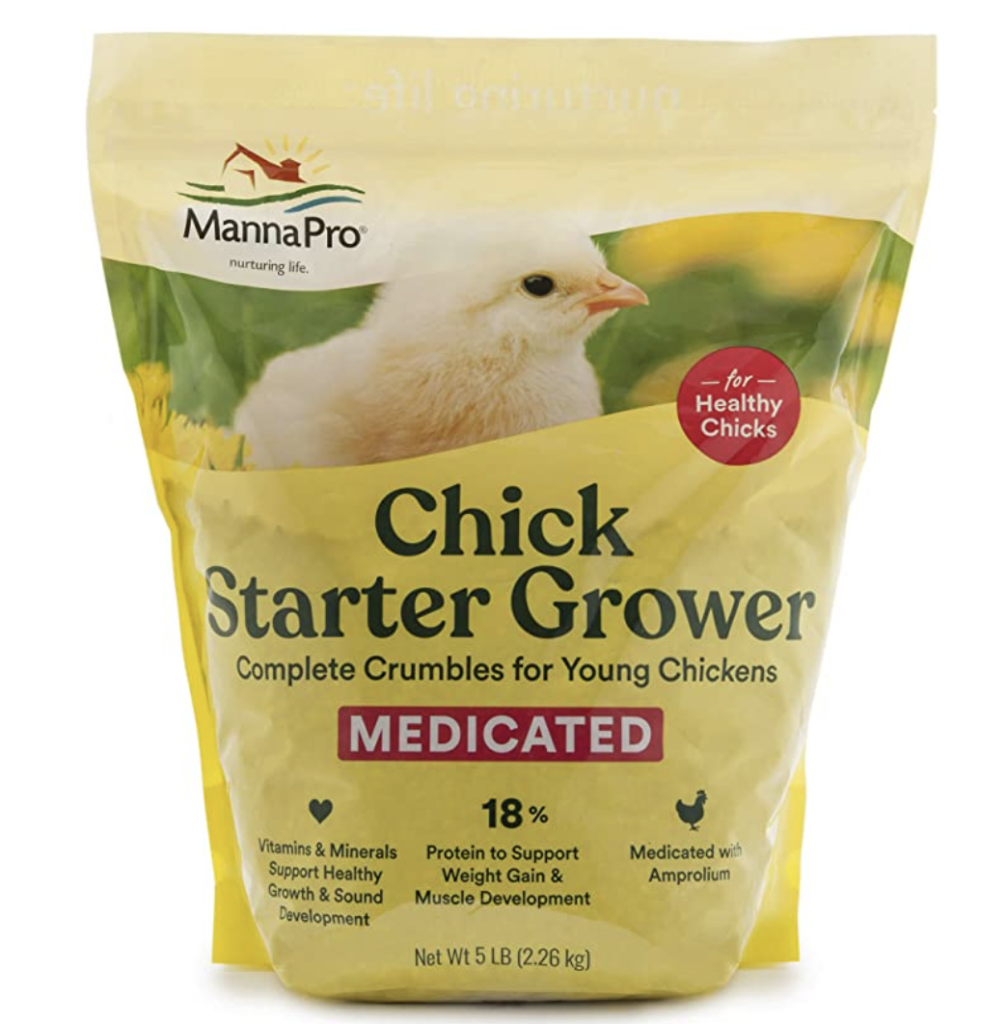
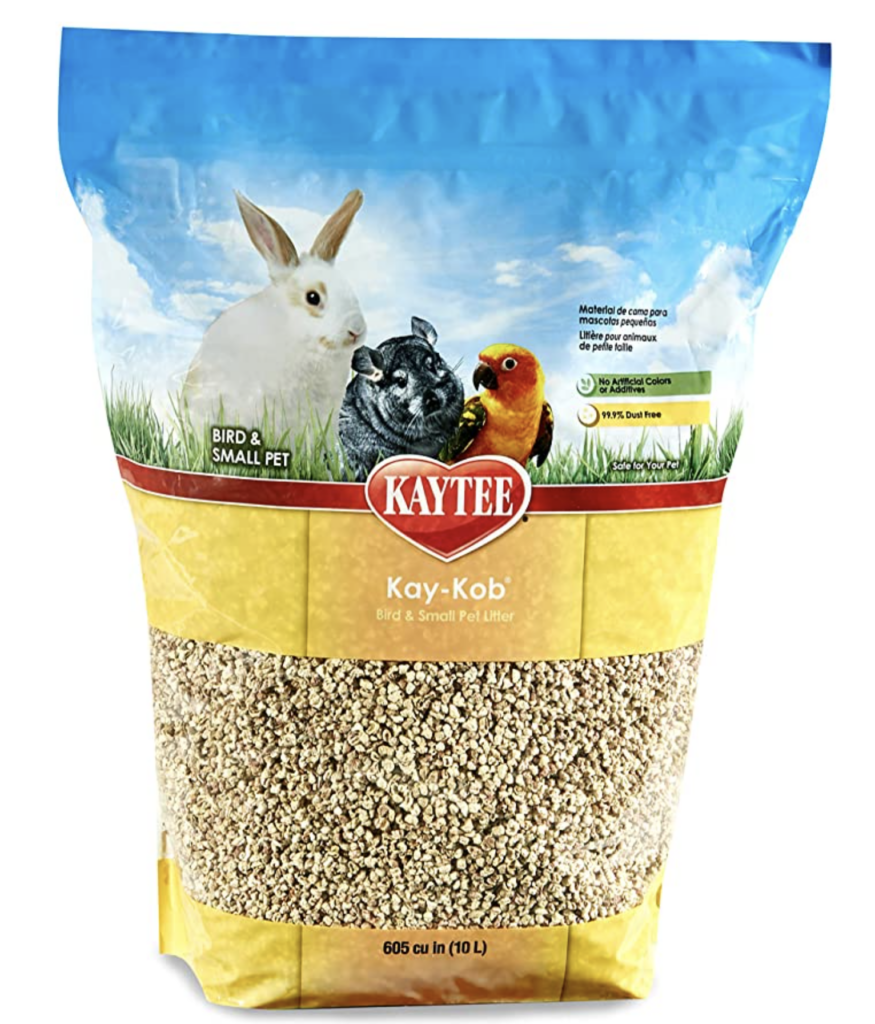
 My name is Peggy Means. I am a child of God and a retired elementary teacher. I loved teaching and creating engaging resources for my students. Now, I love sharing my resources and ideas with busy teachers around the world.
My name is Peggy Means. I am a child of God and a retired elementary teacher. I loved teaching and creating engaging resources for my students. Now, I love sharing my resources and ideas with busy teachers around the world.